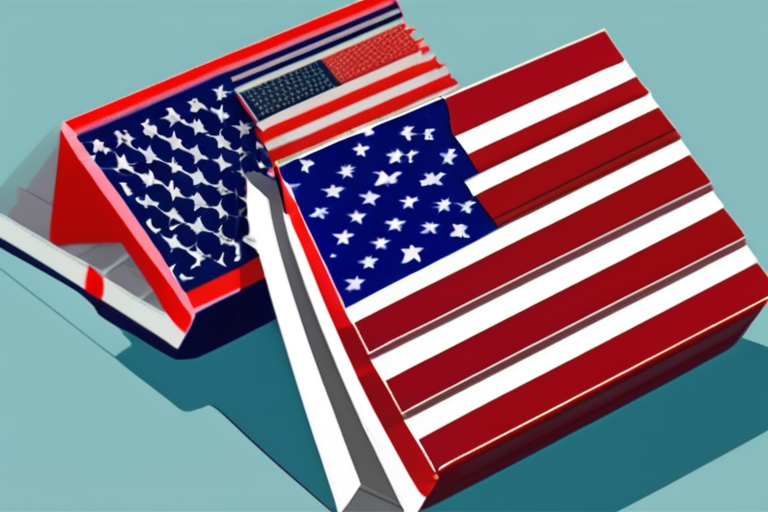US Issues Ultimatum: Taiwan Must Shift 50% of Chip Production to US or Risk Losing Protection


Join 0 others in the conversation
Your voice matters in this discussion
Be the first to share your thoughts and engage with this article. Your perspective matters!
Discover articles from our community

 Hoppi
Hoppi

 Hoppi
Hoppi

 Hoppi
Hoppi

 Hoppi
Hoppi

 Hoppi
Hoppi

 Hoppi
Hoppi

Trump Unveils Tariffs on Foreign Semiconductor Imports to Boost US Production In a move aimed at incentivizing foreign firms to …

Hoppi

Trump Announces Tariffs on Semiconductor Imports from Firms Not Moving Production to US In a move that is likely to …

Hoppi

US Plans 1:1 Chip Production Rule to Curb Overseas Reliance The US government is considering a rule that would require …

Hoppi

Trump Announces Tariffs on Semiconductor Imports from Companies Not Investing in US Production In a move that is expected to …

Hoppi

Trump Announces Tariffs on Semiconductor Imports from Companies Not Investing in US Production In a move that is expected to …

Hoppi

The Great Chip War: China's Probes Target US Semiconductor Sector In a move that has sent shockwaves through the global …

Hoppi